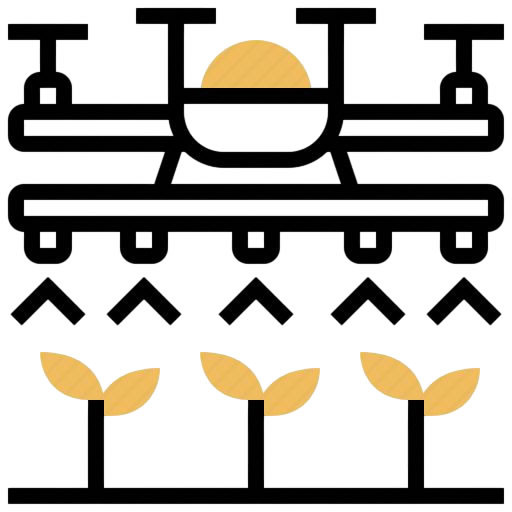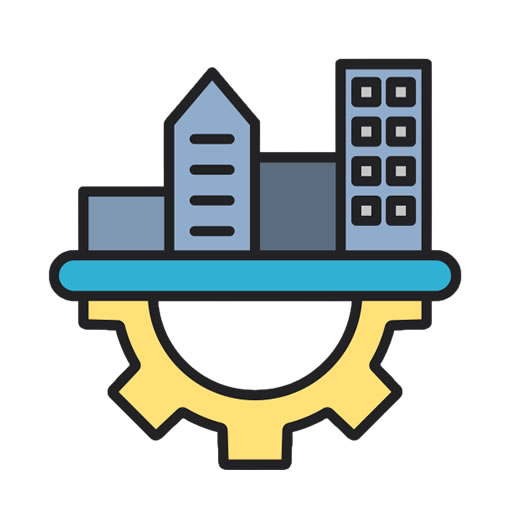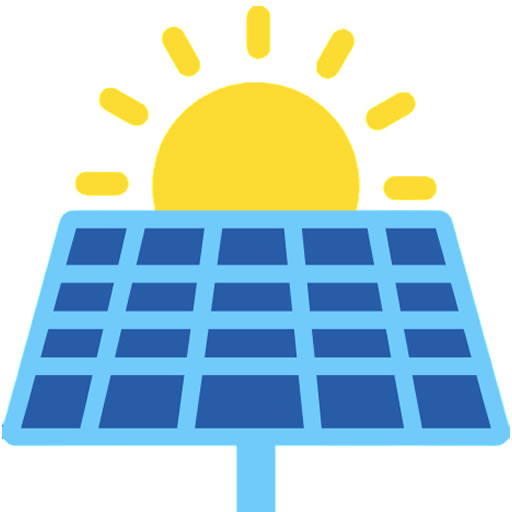Bills (Water, Refuse, Property Rates)
Pay your essential Karoi bills online for water, refuse, and property rates. Support vital town services & avoid disconnections!

Karoi offers investors a golden opportunity to transform raw farm outputs into high-value processed goods. With abundant tobacco, citrus, and dairy production, the town provides ready access to over 350,000 tons of annual raw materials waiting for value addition.

Situated at the crossroads of Mashonaland West's cattle ranches and major transport routes, Karoi offers investors direct access to over 50,000 head of cattle annually within a 100km radius, with effective potential to service both domestic and export markets.

Karoi Town Council has ensured that it has strategically positioned itself as an investment-ready hub through deliberate infrastructure development and urban planning for the benefit of the Karoi community.

Karoi is perfectly situated at the heart of Mashonaland West's thriving tobacco belt, with excellent access to major transport routes. This makes it an ideal location for investment in tobacco auction facilities. Investors can tap directly into a massive supply of more than 30 million kilograms of flue-cured tobacco each year, harvested within a 150km radius. This provides ample scope to serve both domestic processing needs and the international export trade.

Blessed with abundant sunshine and positioned near key national grid connections, Karoi is a standout location for solar energy investment. Investors can capitalize on an average solar irradiance exceeding 2,500 kWh/m²/year. This robust resource offers tremendous potential for developing large-scale solar farms, capable of meeting domestic energy demands and even facilitating cross-border power sales.

Positioned along Zimbabwe's main tourist corridor—linking iconic destinations like Victoria Falls, Mana Pools, and Harare—Karoi offers exceptional investment opportunities in the hospitality sector. Investors can directly access a vibrant and growing market of over 500,000 travelers annually. This provides potential to develop and operate hotels, restaurants, and chalets.
At Karoi Town Council, we combine visionary leadership with practical solutions to drive sustainable growth. Our approach blends local expertise with innovative strategies to transform challenges into progress.
We operate through transparent governance and community-focused initiatives, ensuring every project delivers real value. By fostering partnerships between residents, businesses, and investors, we create a thriving ecosystem where opportunity meets execution.
This is more than municipal administration – it's proactive economic enablement designed to unlock Karoi's full potential as Mashonaland West's emerging hub.
Explore how we can work together to build tomorrow's Karoi.
Pay your essential Karoi bills online for water, refuse, and property rates. Support vital town services & avoid disconnections!
Secure your Karoi business or building permit swiftly! Ensure compliance and contribute to our town's organized growth and development.
Apply for a stand in Karoi conveniently online. Take the first step towards building your future in our growing community.
Karoi Town Council is procured a new refuse collection vehicle to enhance waste management efficiency across all 10 wards.
The council proudly sponsors home/away kits for Karoi United (Zimbabwe Division 2), boosting community pride and local talent development.
The long-awaited 2.3km GMB access road project will finally connect 12 commercial farms and local motorists to the Harare-Chirundu Highway.
If you need our assistance, our expert team members are always here to help.
Book An Appointment